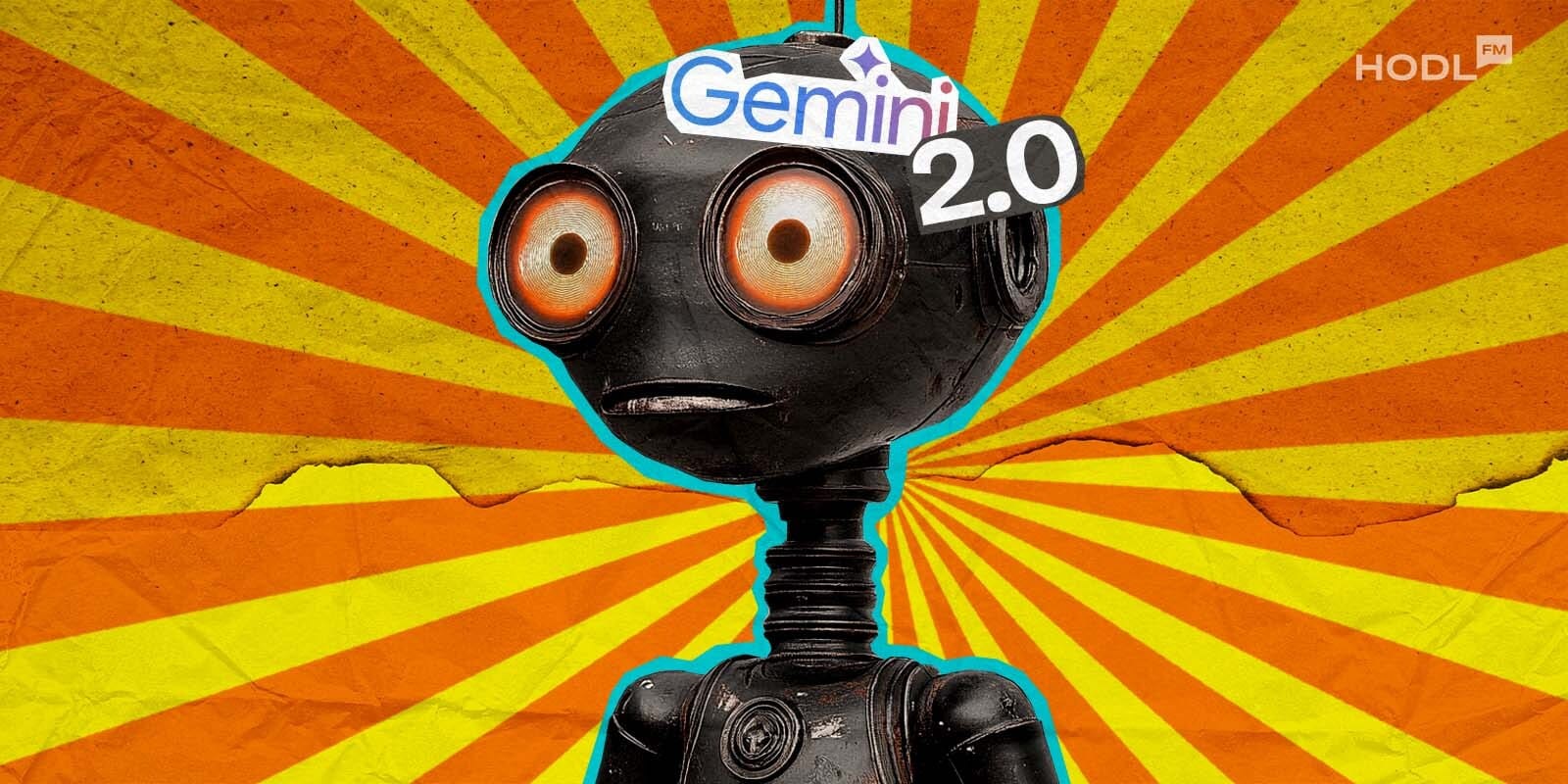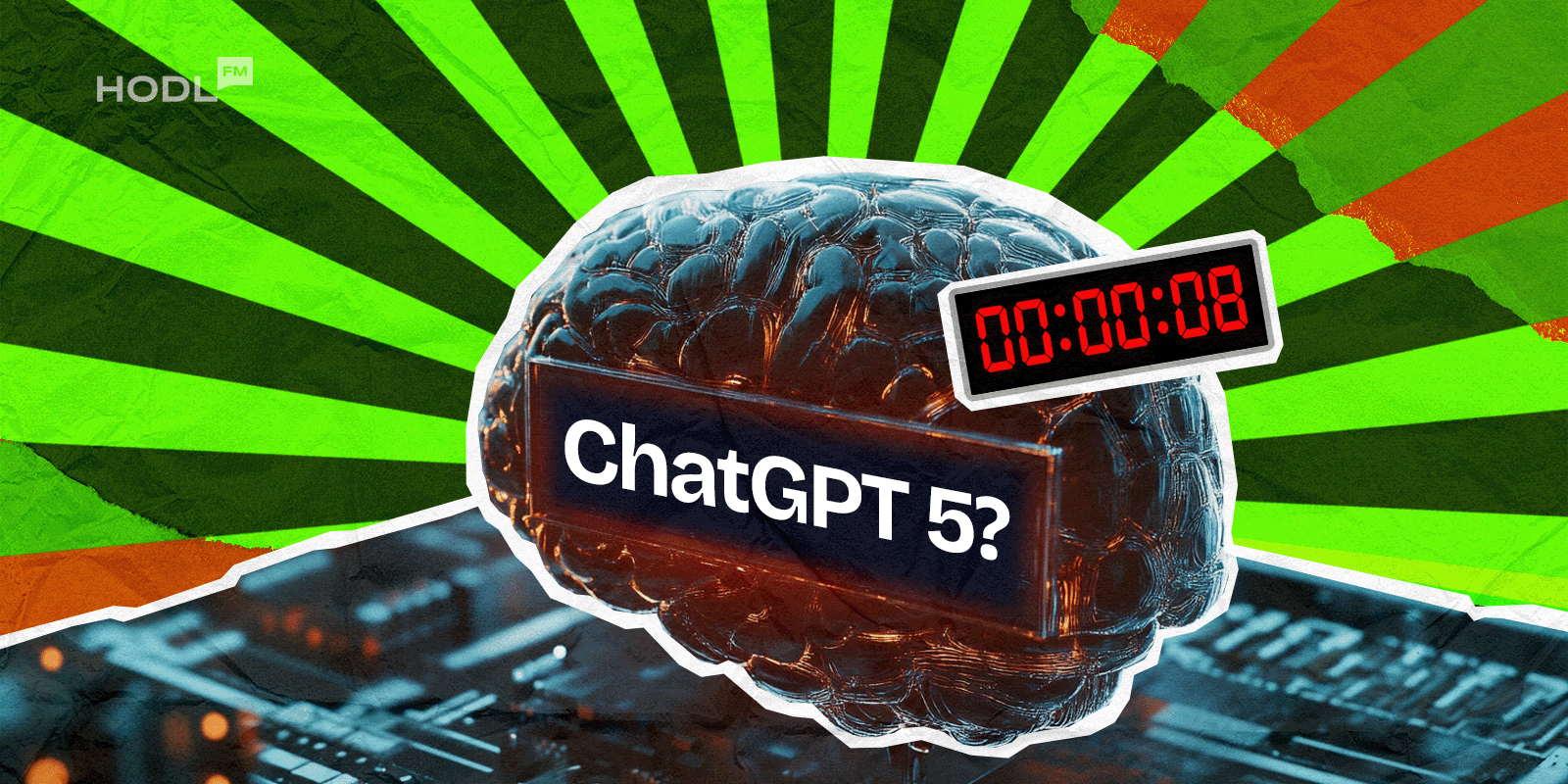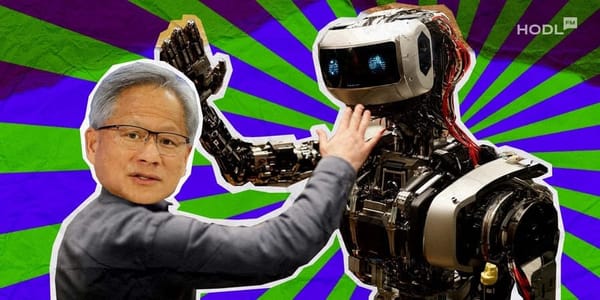It seems winter is coming for the AI industry as they run out of data to keep training these models. OpenAI co-founder Ilya Sutskever dropped a bombshell at the Neural Information Processing Systems (NeurIPS) 2024 conference in Vancouver, declaring that "pre-training as we know it is unquestionably over."
Sutskever, who recently left OpenAI to start his own AI lab called Safe Superintelligence Inc., likened the current state of AI training data to fossil fuels. "We have to deal with the fact that we have what we have. There's only one internet," he said.
This revelation comes as OpenAI is reportedly working on ChatGPT-5, the next iteration of their flagship product. OpenAI CEO Sam Altman has hinted at "impressive leaps" in capability, suggesting that one person using ChatGPT-5 could accomplish far more than with current models. Perhaps it'll finally be able to understand why we can't have nice things.
But what does the end of pre-training mean for AI development? According to Sutskever, future models will be more "agentic" and possess reasoning capabilities. In other words, AI might start thinking for itself instead of just regurgitating internet memes—a terrifying prospect for some.
🔥 @ilyasut Ilya Sutskever at #NeurIPS2024:
— Mark Minevich (@MMinevich) December 15, 2024
🧠 “Reasoning will lead to incredibly unpredictable behavior, and self-awareness will emerge in AI systems.”
🚨 We’re entering the age of agentic intelligence:
✔️ AI that reasons, adapts, and collaborates
✔️ The rise of self-aware… pic.twitter.com/IpmMIXb2pv
The shift away from pre-training could mark a significant change in how AI models are developed. Currently, large language models like ChatGPT are trained on vast amounts of unlabeled data, primarily text from the internet, books, and other sources. This method has been the cornerstone of AI development, but it seems we've hit peak data faster than we hit peak oil.
ChatGPT-5 is expected to bring several groundbreaking features to the table. Enhanced context understanding could allow the AI to maintain coherent conversations over extended periods, remembering details from earlier in the dialogue.
@nathanhodgson_ ChatGPT 4 Vs ChatGPT 5. #chatgpt #ai #openai #artificialintelligence #ainews
♬ original sound - Nathan | AI Automation
Multimodal capabilities are also on the horizon, enabling ChatGPT-5 to process and generate not just text but also images, audio, and possibly video. Soon, AI might be able to create a music video of your cat singing opera—whether you want it to or not.
o1 level reasoning + better avm + sora 2 + gigantic context window + truly agentic abilities = GPT-5
— Flowers (@flowersslop) October 4, 2024
Improved personalization is another anticipated feature, with the AI tailoring its responses more closely to individual users based on their interaction history and preferences.
My predictions for GPT-5 capabilities:
— Matt Shumer (@mattshumer_) April 15, 2024
From least to most interesting:
- significantly longer context length + far greater ability to use it effectively (i.e. ability to reason across needles within haystack tests)
- much more multimodal (both in terms of # of modalities and…
Surely, all these sound impressive. But we’ve got to look at the dark side of having superintelligent AI. As Sutskever predicts, future AI systems will exhibit a significant degree of agency and possess reasoning capabilities that resemble human thought processes.
The rapid advancement of AI technology has shifted the debate about superintelligent machines from speculative discussions about a distant future to pressing concerns about immediate impacts across various sectors. It's as if we've gone from "Will robots take over the world?" to "Will robots take over my job by next Tuesday?"
Some researchers suggest that an essential feature of superintelligence would be open-endedness, at least from a human perspective. This means AI would need to continuously generate outputs that a human observer would regard as novel and be able to learn from.

Disclaimer: All materials on this site are for informational purposes only. None of the material should be interpreted as investment advice. Please note that despite the nature of much of the material created and hosted on this website, HODL FM is not a financial reference resource and the opinions of authors and other contributors are their own and should not be taken as financial advice. If you require advice of this sort, HODL FM strongly recommends contacting a qualified industry professional.





